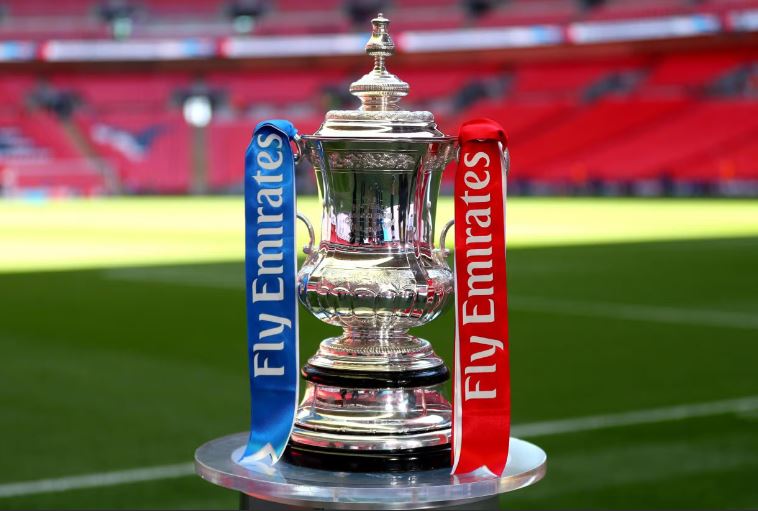Revamped FA Cup - Replays Axed from 2024-25 First Round Onwards

In a bold move reshaping the landscape of English football, the FA Cup undergoes a transformative overhaul for the 2024-25 season. The Football Association (FA) has announced a series of significant changes aimed at revitalizing one of the nation's most prestigious tournaments.
Central to the restructuring is the elimination of FA Cup replays from the first round onwards. This decision marks a departure from tradition, as teams will no longer have the opportunity to replay matches in the event of a draw. Additionally, all rounds of the Emirates FA Cup will now be played exclusively on weekends, a departure from the previous scheduling that included midweek fixtures, notably the fifth round.
These alterations come as part of a comprehensive six-year agreement between the FA and the Premier League, signaling a unified effort to modernize and optimize the competition. In tandem with the abolition of replays, the Premier League has opted to remove its mid-season break from the calendar, paving the way for a more streamlined and continuous football season.
The rationale behind these changes is multifaceted. Citing expert advice from medical and technical departments, the decision-makers emphasize the importance of player welfare and competitive balance. Moreover, the evolving landscape of European competitions, with UEFA's introduction of the Europa Conference League and expansion of the Champions League group stage, necessitates adjustments to domestic schedules.
While these changes aim to enhance the overall structure and competitiveness of the FA Cup, they have not been met without criticism. EFL chief executive Trevor Birch has voiced concerns over the potential financial ramifications for lower league clubs, lamenting the loss of a traditional revenue stream. The widening gap between elite clubs and those further down the football pyramid underscores the importance of equitable financial distribution and support mechanisms.
Despite reservations from some quarters, the FA remains steadfast in its commitment to preserving the essence and significance of the FA Cup. FA chief executive Mark Bullingham asserts that the new agreement strengthens the tournament, affording it exclusive weekends amidst a crowded football calendar.
As the footballing community grapples with these sweeping changes, voices from within the sport advocate for a collective approach to navigating the evolving landscape. Sheffield United boss Chris Wilder, a self-professed traditionalist, urges a balance between honoring the past and embracing the future of the game. Similarly, the Football Supporters' Association and Tranmere Rovers vice-chair Nicola Palios call for greater inclusivity and transparency in decision-making processes, emphasizing the importance of preserving the integrity of domestic competitions.
In the face of these challenges and uncertainties, one thing remains certain: the FA Cup continues to hold a special place in the hearts of football fans across the country. As the tournament evolves to meet the demands of the modern game, its enduring spirit of competition, tradition, and community remains unwavering.














_thumb.jpeg)





